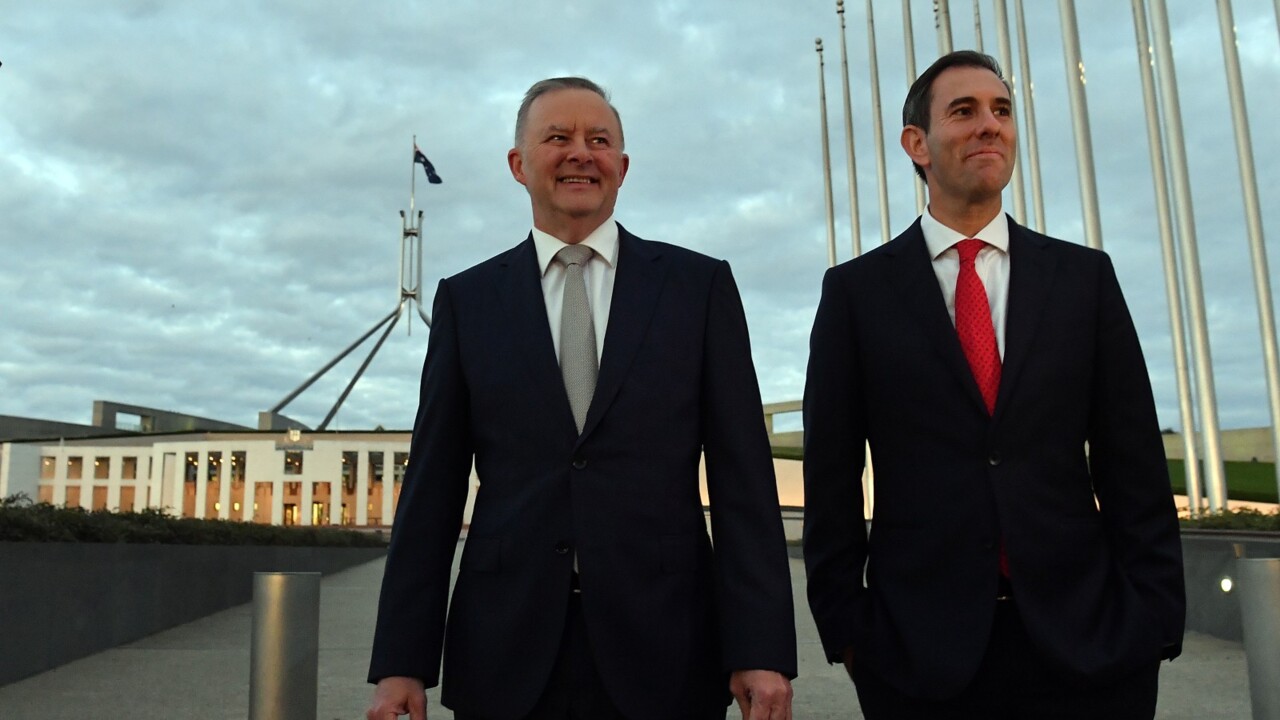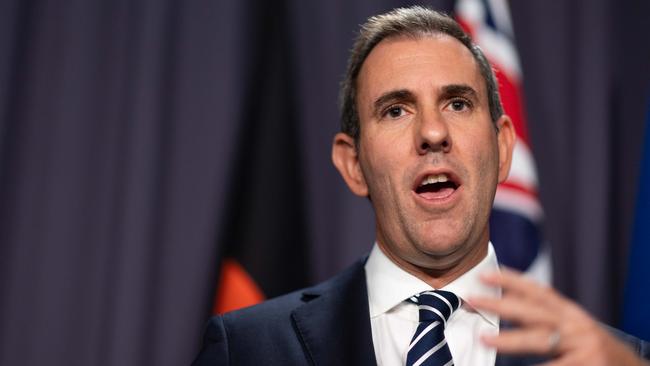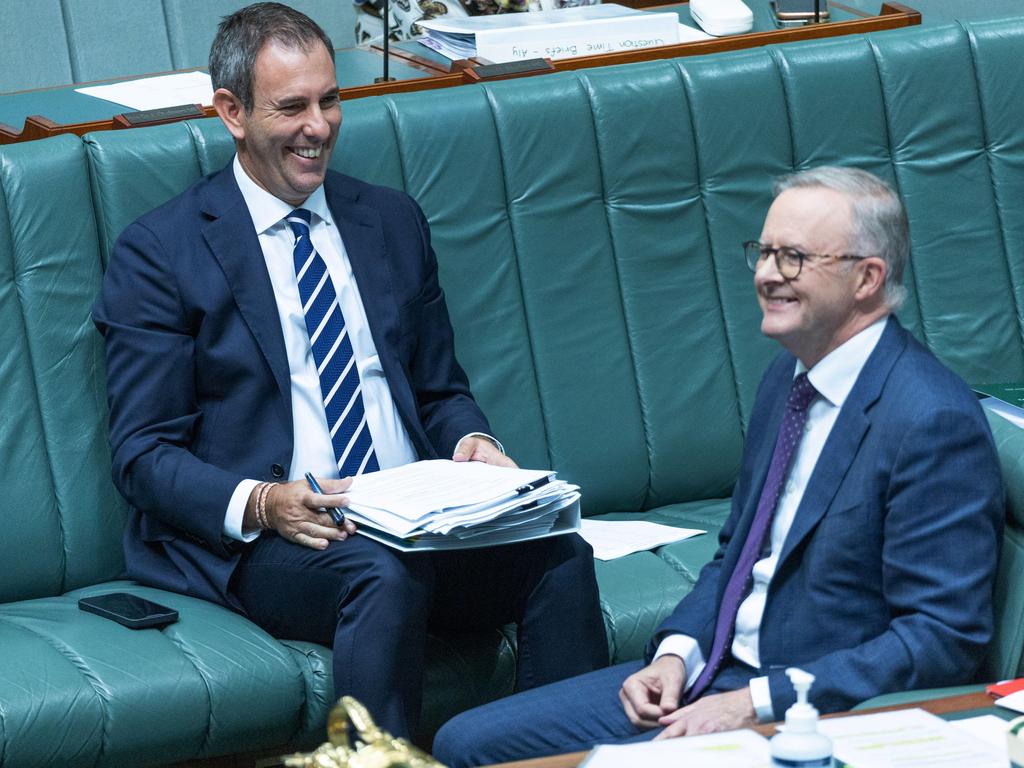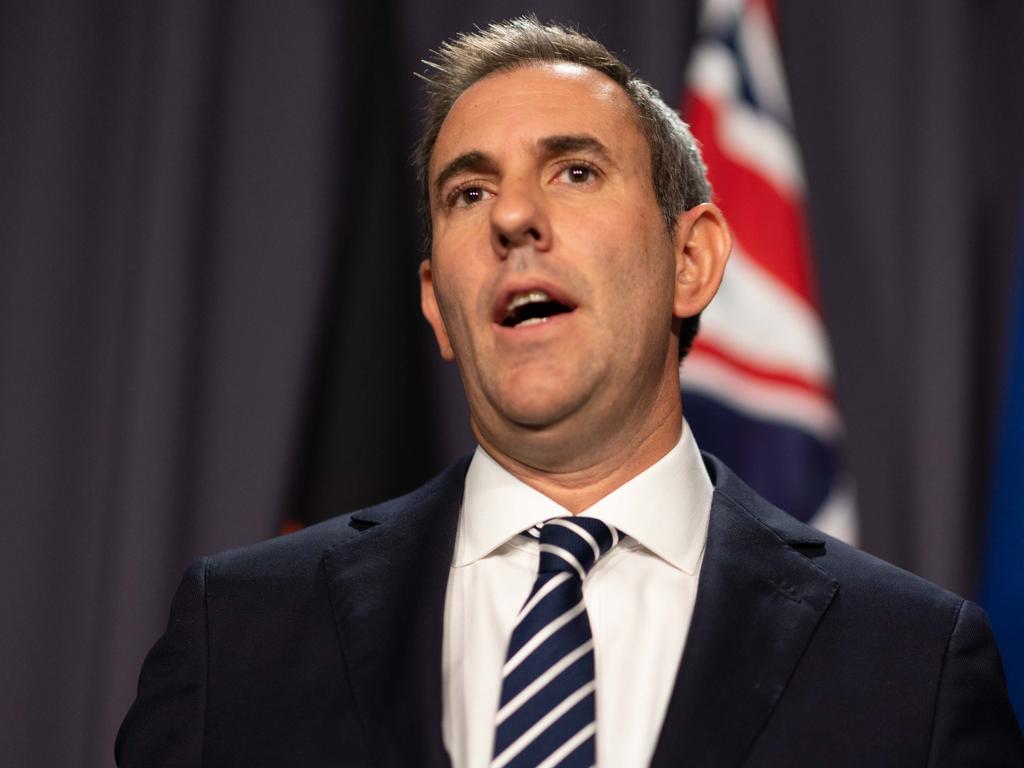
The Liberal government sought to undermine super’s fundamental principle of preservation – the compact that you agree to tie up a percentage of your salary until retirement in return for tax concessions or incentives. When governments start to think up all sorts of reasons to have “early access” to super – from Covid assistance to buying a first home – it undermines the justification for tax concessions as well as the savings available for retirement.
While it might debate the language it used before the election, indications were the Albanese government was not going to make any negative changes to super in its first term, particularly after the issues which faced the Shorten-led Opposition three years before when it came to franking credits.
Since the election, Treasurer Jim Chalmers has indicated his desire for super funds, which are already large investors in infrastructure including toll roads, ports and airports, to become more involved in his government’s nation building projects.
While many super funds do have a range of public-style investments, the idea of funds being encouraged to make investments that may not have the first priority of delivering financial returns for their members is sitting uncomfortably with many in super who are legally obliged to act in the best interests of their members.
Add to that, the indication now is that the government is using the idea of legislation to codify the objective of superannuation as a means of taking a new look at the tax concessions around super.
There is general agreement that there should be legislation to set out the “purpose” of superannuation, so that it can be preserved until retirement.
It was one of the recommendations of the report by former Commonwealth Bank chief executive David Murray.
But the introduction of words such as “equitable” and “sustainable” seem to be raising new questions about a broader review of the super tax system.
As the head of superannuation for the Institute of Financial Professionals Australia, Natasha Panagis, said this week, there is a worry that these words may actually be a “foot in the door” to open the way for a revision of the tax system on super which would see a new round of cutbacks and caps on the system.

As she says, the number of people who have super balances above $5m is less than 2 per cent of balances and these are a legacy issue of previous policies dating back to the Howard/Costello government.
The stricter caps on super contributions introduced in recent years mean no one now can even get close to having that level of savings in super these days.
The introduction of the maximum $1.7m transfer balance in 2017 also further cut back on super tax concessions.
The talk of maximum caps on the total amount in super fits well with a tax-the-rich approach, and the super funds themselves are happy with a cap of $5m on equity grounds.
But the question is how much is this paving the way for even more caps and restrictions on super by those who would seek to undermine the system who see it as an easy short-term revenue raiser?
There is now talk that the 30 per cent tax on super contributions should lick in at a lower income level of around $200,000, with the Grattan Institute raising a range of other cuts to the system.
How much do these continued changes erode confidence in a retirement savings system – one which is separate from the pension system – which has created a new culture of retirement saving in Australia?
The Treasury has always been pressuring the government of the day to cut back on super tax concessions and it seems that it has found a willing listener in this government as it looks for new ways to plug the deficit.
The concern is that the image is being presented that the Australian system is broken or far too expensive, when it is actually working well and broadly admired by many people around the world.
And as the chief executive of the Association of Superannuation Funds of Australia, Martin Fahy, points out – Australia is moving towards a system of combined pension and super savings which will see an ordinary people able to aspire to a better level of living in retirement than the pension which many of their grandparents relied on.
The mean super balance of males between 60 and 64 is around $360,000 (the median is $180,000) and for women in the same age bracket it is a mean of $288,000 (median of $140,000).
As the system continues to mature and a new generation of Australians move through their working lives with annual super savings of 12 per cent of salary, people will be retiring with sums of money their grandparents could only dream of.
The greater the savings at retirement, the lower the dependence on the pension.
An ASFA paper shows that the age pension system in Australia is a much lower percentage of GDP than most other countries in the OECD. It stands at only 2.6 per cent of GDP, well below the OECD average of 9 per cent.
This is from a combination of our higher retirement age, strict conditions around pension access, a flat rate pension and the private savings system limiting the need for access to the pension.
The OECD says Australia’s spending on pensions will decline as a percentage of GDP to 2.1 per cent by 2060 while the OECD average will go up to 10.4 per cent.
The cost of super tax concessions will rise over time as the system moves to 12 per cent with ASFA seeing this rise to 2.5 per cent by 2045. Even then, a combined pension and super tax system will cost around 5 per cent of GDP – still well below the OECD average – and as Fahy says aspiring to deliver a higher standard of living than just the pension.
Over time there will a shift in retirement income away from the pension towards superannuation.
Continued hacking away at what is perceived to be a good system risks erosion of confidence in the system. Each government comes in with the promise that each change will be the last when it comes to super. But it never is.
There is general agreement that the wealthy should not benefit from super tax concessions but the needs to be a fundamental recognition that the system is working well and should not be subject to constant change.








The Australian superannuation system is recognised as being one of the best in the world – but it now finds itself under attack on many fronts. The growing size of the $3.3 trillion super pile has made it a honeypot for revenue-stretched governments – with the current government being no different.